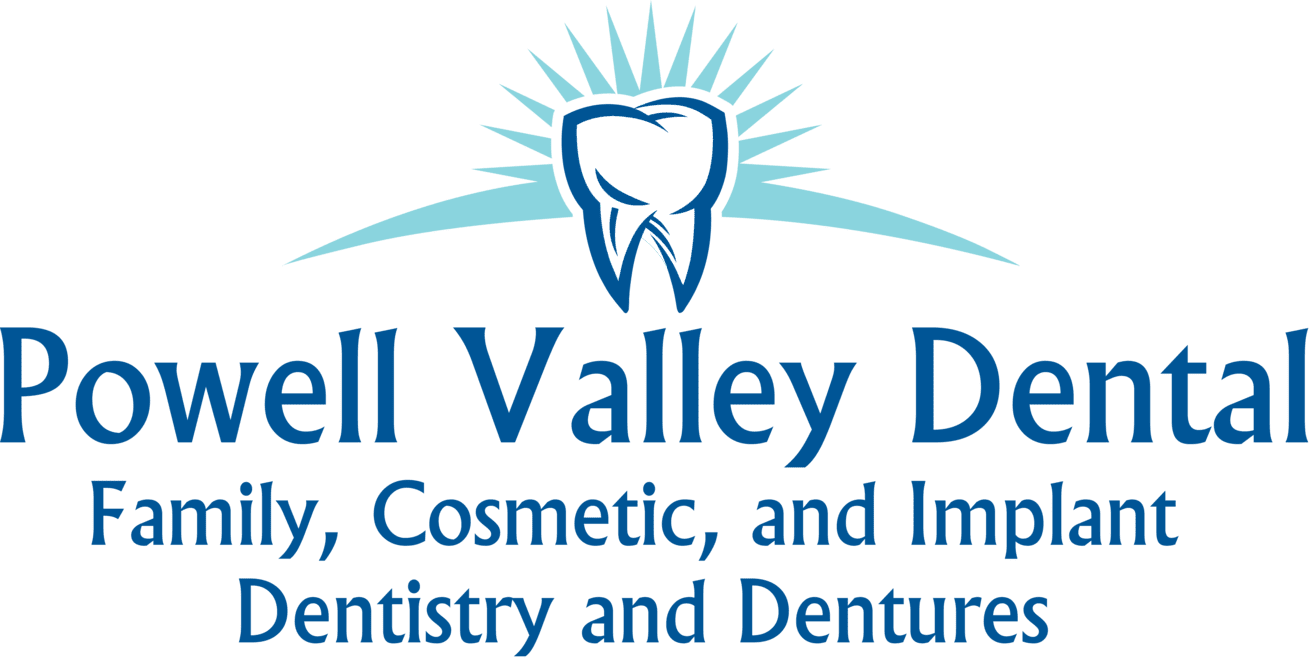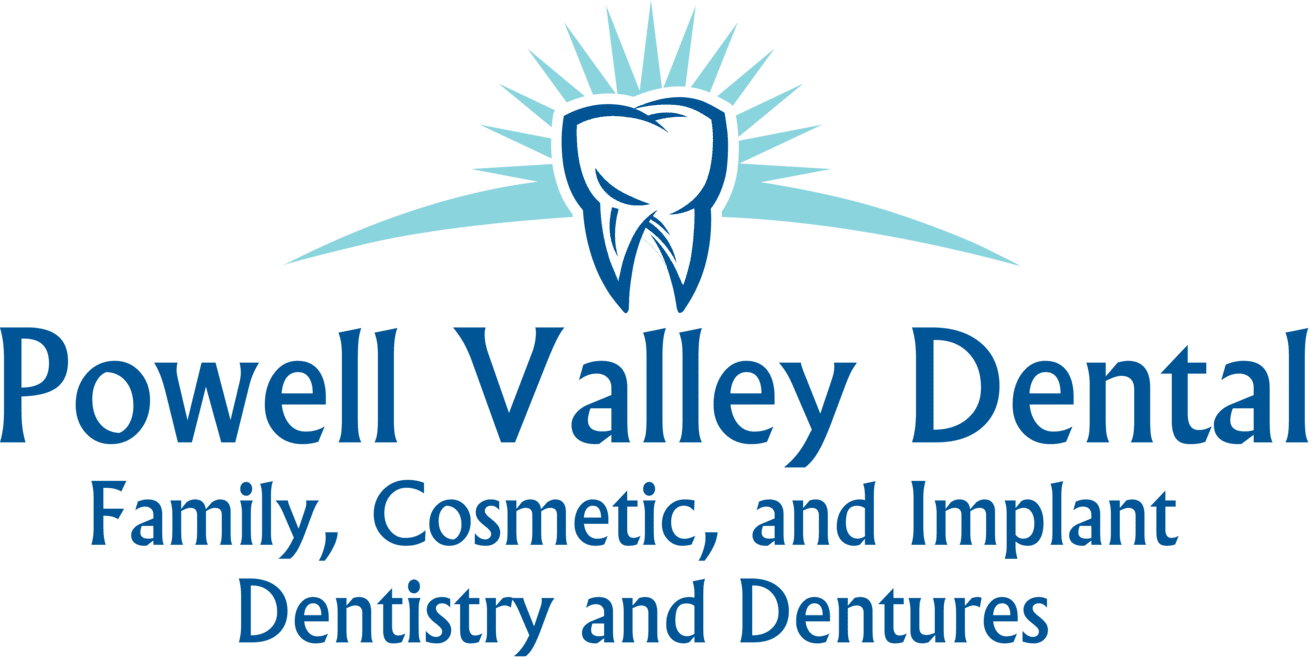Sleeping Issues Treatment
Recognizing the Signs of Sleep-Disordered Breathing
Quality sleep is vital to both physical and emotional well-being, but conditions like snoring and obstructive sleep apnea can silently interfere with rest—often leading to serious health consequences. Snoring typically results from relaxed tissues in the back of the throat vibrating during sleep, while obstructive sleep apnea causes repeated pauses in breathing due to a blocked airway. These issues can lead to daytime fatigue, difficulty concentrating, dry mouth, and even cardiovascular strain. Children may also experience behavioral issues, bedwetting, or abnormal sleep positions. If you or your child struggle with loud snoring, frequent waking, or excessive daytime sleepiness, it’s time to speak with our team for a comprehensive sleep and airway evaluation.
How Sleep Issues Affect Dental and Whole-Body Health
Sleep-disordered breathing can take a significant toll on your oral health. Breathing through the mouth at night dries out the protective saliva that helps fight bacteria, increasing the risk of tooth decay, bad breath, gum disease, and oral infections. For children, anatomical changes like a narrow airway or misaligned teeth can contribute to snoring and sleep apnea, sometimes requiring early orthodontic or airway intervention. At Powell Valley Dental, we assess both dental and airway health during your visit. By identifying signs such as dry mouth, worn enamel, or enlarged tonsils, we can connect sleep issues with oral symptoms and guide you or your child toward appropriate care.
Custom Anti-Snoring Mouthpieces for Better Sleep
At Powell Valley Dental, we offer
custom anti-snoring mouthpieces to help treat both snoring and mild to moderate sleep apnea without surgery or bulky CPAP machines. These oral appliances gently reposition the jaw or tongue during sleep to keep the airway open and reduce tissue vibration. Options include
mandibular advancement devices (MADs), which look like retainers and shift the jaw forward,
tongue stabilizing devices that prevent airway obstruction, and
chin straps, though the latter is used less frequently due to comfort limitations. These mouthpieces are safe, convenient, and effective for many adults—and some teens, once jaw development is complete. If your child is under 16 and experiencing snoring, we’ll work closely with you to assess when and if a device may be appropriate. By improving nighttime airflow and reducing sleep interruptions, these oral appliances not only protect dental health but help restore restorative, uninterrupted sleep.


